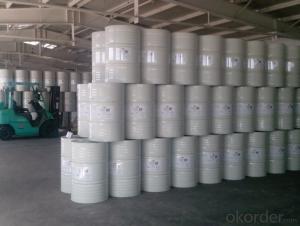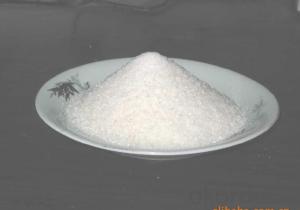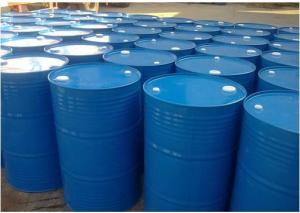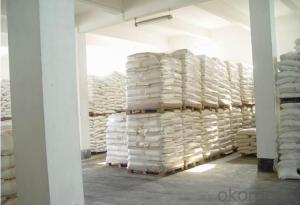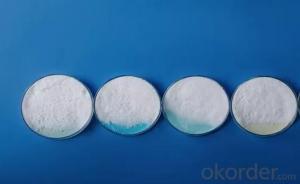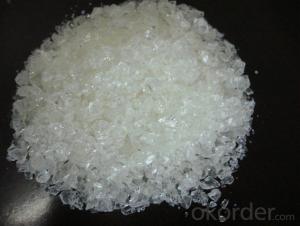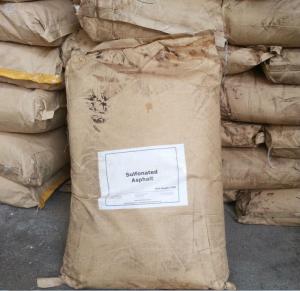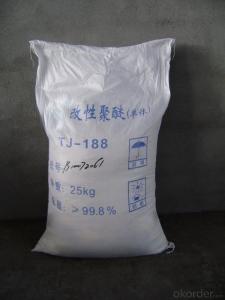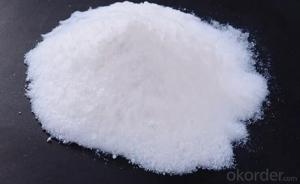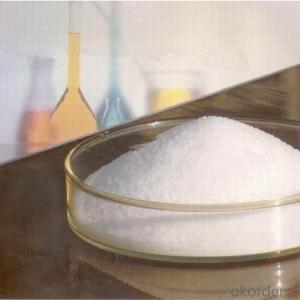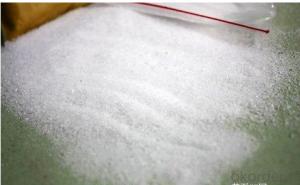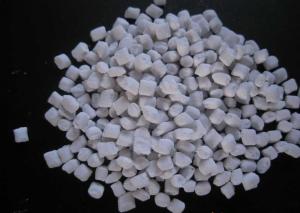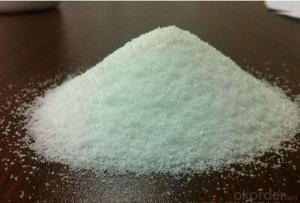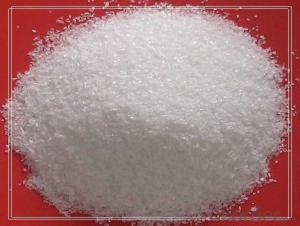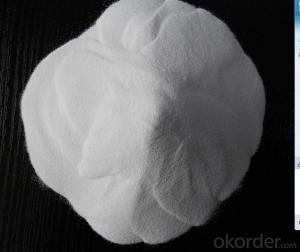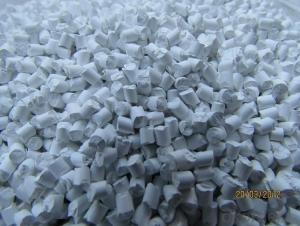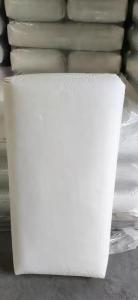All Categories
- - Steel Wire Rod
- - Steel Coils
- - Steel Profiles
- - Steel Pipes
- - Stainless Steel
- - Tinplate
- - Special Steel
- - Steel Sheets
- - Steel Rebars
- - Steel Strips
- - Hot Rolled Steel
- - Cold Rolled Steel
- - Pre-painted Steel
- - Seamless Steel Pipe
- - Welded Steel Pipe
- - Hollow Steel Tubes
- - Galvanized Pipe
- - Stainless Steel Coil
- - Stainless Steel Sheet
- - Stainless Steel Plate
- - Stainless Steel Strips
- - Electrolytic Tinplate Coil
- - Electrolytic Tinplate Sheet
- - Stainless Steel Rebars
- - Solar Panels
- - Solar Water Heater
- - Solar Related Products
- - Solar Inverter
- - Solar Cells
- - Solar Light
- - Solar Energy Systems
- - Solar Controllers
- - Solar Mounting System
- - Solar Pump
- - Solar Chargers
- - Fiberglass Chopped Strand
- - Fiberglass Mesh Cloth
- - Composite Pipes
- - FRP Pultrusion Profiles
- - Fiberglass Mat Tissue
- - Fiberglass Fabrics
- - Fiberglass Mesh
- - Composite Tank
- - Fiberglass Mesh tape
- - Polymer
- - FRP Roofing Panel
- - Fiberglass Roving
- - Monolithic Refractories
- - Ceramic Fiber Products
- - Refractory Bricks
- - Raw Materials For Refractory
- - Suspended Platform
- - Cranes
- - Concrete Machinery
- - Earthmoving Machinery
- - Building Hoist
- - Road Building Machinery
- - Plastic Pipe Fittings
- - Plastic Tubes
- - Plastic Sheets
- - Agricultural Plastic Products
- - Plastic Nets
 All Categories
All Categories
Q & A
How do polymers affect the behavior of nanoparticles?
Polymers can significantly influence the behavior of nanoparticles by altering their stability, dispersion, and interaction with the surrounding environment. The surface of nanoparticles can be coated with polymers, forming a protective layer that prevents aggregation and enhances their colloidal stability. Polymers can also serve as dispersants, helping to distribute nanoparticles evenly in a solution. Moreover, polymers can modify the surface properties of nanoparticles, affecting their interactions with other molecules and surfaces. This can impact various properties such as reactivity, solubility, and bioavailability, ultimately influencing the behavior of nanoparticles in different applications.
How are polymers used in the production of foams and gels?
Polymers are used in the production of foams and gels primarily as the main component or matrix material. They provide the structural integrity, stability, and desired properties such as elasticity, flexibility, and cushioning required for these materials. Polymers can be crosslinked or chemically bonded to form a three-dimensional network, creating foams with varying densities and textures. By controlling the type and amount of polymers used, manufacturers can tailor the properties of foam and gel products to meet specific requirements for insulation, cushioning, absorption, or viscosity.
What are the challenges in polymer disposal?
One of the challenges in polymer disposal is the high volume of waste generated, as polymers are widely used in various industries. Another challenge is the non-biodegradable nature of many polymers, which leads to long-lasting accumulation in landfills. Additionally, the recycling of some polymers is complex and costly due to their chemical composition and mixed materials. The improper disposal of polymers can also pose environmental risks, as they may release harmful chemicals or microplastics into ecosystems. Overall, finding sustainable and efficient methods for polymer disposal is crucial to mitigate these challenges and reduce their environmental impact.
What are the different methods of polymer synthesis?
There are several methods of polymer synthesis, including addition polymerization, condensation polymerization, emulsion polymerization, suspension polymerization, and ring-opening polymerization.
Wholesale Polymer from supplier in France
We are a Polymer supplier serving the France, mainly engaged in the sale, quotation, and technical support services of various Polymer products in the France region. We are a subsidiary platform of the Fortune Global 500 company CNBM, able to provide you with one-stop Polymer procurement services in the France. Not only do we have a wide range of Polymer products, but after years of market development in the France, we can also provide valuable experience for your projects.
Hot Search
- Fiberglass Chopped Strand in Bangladesh
- Fiberglass Mesh Cloth in Dominican
- Composite Pipes in Timor Leste
- FRP Pultrusion Profiles in Albania
- Fiberglass Mat Tissue in Vanuatu
- Fiberglass Fabrics in Thailand
- Fiberglass Mesh in Monaco
- Composite Tank in Seychelles
- Fiberglass Mesh tape in Poland
- Polymer in Libya
